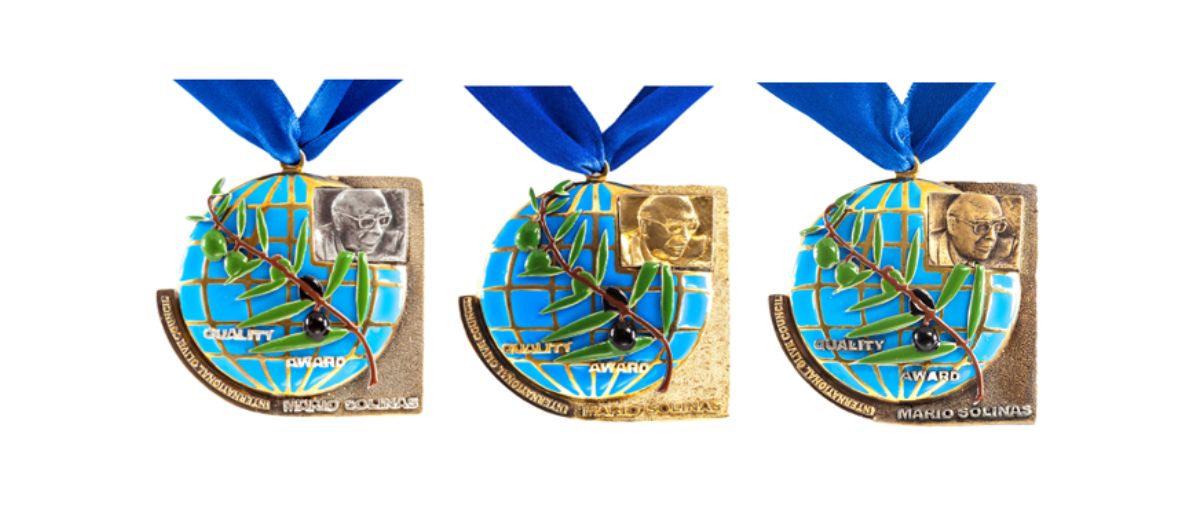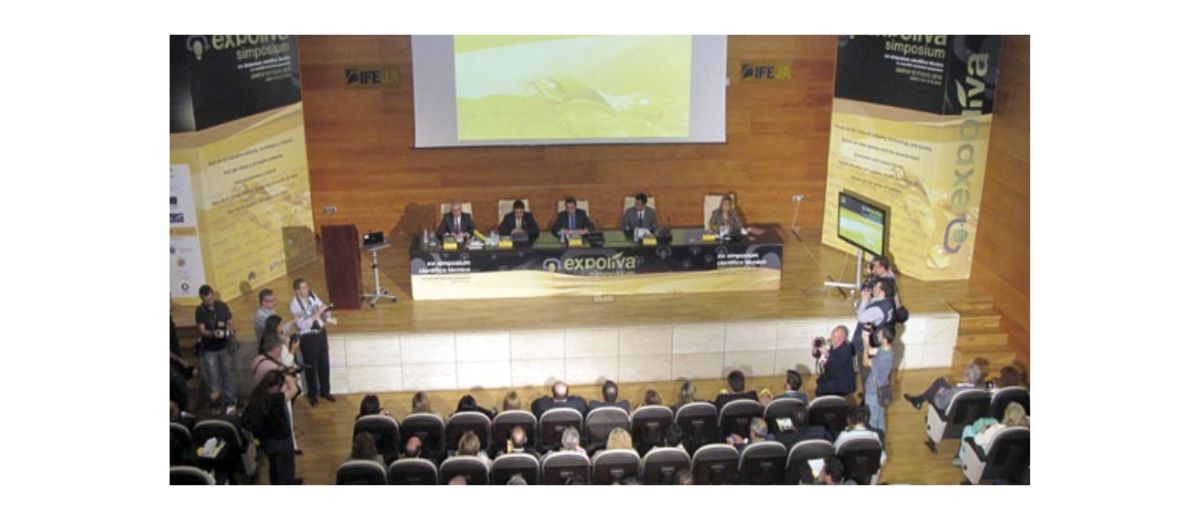The IOC Deputy Executive Director for Technical, Economic and Promotion Matters, Jaime Lillo, represented the IOC on the panel “International organizations and CODEX: partnerships for sustainable development”, held alongside the 40th session of the Codex Alimentarius Commission, which was held in Geneva on 19 July.
The Codex Alimentarius or “Food Code” was created by the Food and Agriculture Organization of the United Nations (FAO) and the World Health Organization in 1963 to update international harmonised food standards as a means of protecting consumer health and promoting fair practices in food trade.
A successful partnership between international organisations and CODEX is essential in protecting the health of consumers and ensuring fair practices. This partnership is also key in implementing the 2030 Agenda for Sustainable Development.
Ten international organisations participated on the panel: the International Atomic Energy Agency (IAEA), International Plant Protection Convention (IPPC), International Organisation of Vine and Wine (OIV), International Dairy Federation (IDF), International Organization for Standardization (ISO), International Olive Council (IOC), Standards and Trade Development Facility (STDF), World Organisation for Animal Health (OIE) ; World Trade Organization (WTO) ; and the United Nations Economic Commission for Europe (UNECE).
The Deputy Executive Director presented the IOC, its activities and the objectives of the International Agreement on Olive Oil and Table Olives, 2015. He also outlined areas of collaboration with CODEX and other international organisations, in particular in relation to standards and methods of testing olive products. He invited non-members of the IOC to join the Council and participate in its meetings of experts, studies and other activities, as well as in the sessions of its Council of Members.
Alongside the panel meeting, the Deputy Executive Director met with members of the CODEX Secretariat, including Tom Heilandt, the Secretary of the Codex Alimentarius Commission, and Patrick Sekitoleko, the officer in charge of the Codex Committee on Fats and Oils.
The possible attendance of the Secretary of the Codex Alimentarius Commission at the next session of the IOC was discussed, as well as the possibility of organising a workshop on the harmonisation of olive oil standards in collaboration with the Codex Alimentarius Commission. Furthermore, CODEX put forward the idea of organising an olive oil tasting session at the meeting of its 2019 Committee on Fats and Oils meeting in Malaysia.
The Deputy Executive Director of the IOC made the most of his participation in the 40th session of the Codex Alimentarius Commission to meet with representatives of other international organisations (OIV, IPPC, IDF, and ISO) and with representatives of member countries (Argentina, Lebanon and the European Union) and of IOC non-members (Australia, Canada, the United States and Peru).
.










